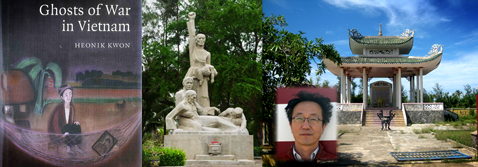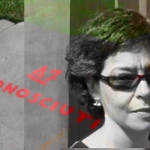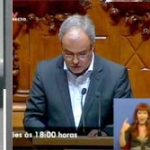Heonik Kwon
Born in Seoul, I spent most of my childhood in Daegu in close vicinity to one of the US Eighth Army bases existing in South Korea, Camp Henry. Later I lived and worked in the United States, former Soviet Russia and Vietnam. Within our project team, I am happy to work with an expanding group of eminent and likeminded international scholars from diverse disciplinary and personal backgrounds, but also to be part of a same-age group, together with four other project members, who were all born in the lunar Year of the Tiger, 1962. Some of us in this group take it as something akin to a question of destiny that we have ended up under the same roof of Korean War studies (this war, in fact, broke out in the previous Tiger Year, 1950) and with a shared hope to go beyond the enduring legacy of this painfully formative event of the early Cold War. Whereas my researches are primarily about memories of war in intimate domains, I am keen to learn from innovative studies in international and world history. I am interested in the very concept of the Cold War and in Cold War history as an intellectual question. However, I also take great interest in opening up new horizons of empirical research such as the environmental history of the Cold War and post-Cold War in regional and global contexts.
I am trained as an anthropologist, having done fieldwork in a small nomadic community in indigenous Siberia and in villages of central Vietnam before I joined the Korean War studies. I am currently Senior Research Fellow in Social Science and Distinguished Research Professor of Social Anthropology at Trinity College, University of Cambridge, and previously taught anthropology at the London School of Economics. I served as an external advisor to the Army of the Republic of Korea for its forensic anthropological taskforce as well as to South Korea’s Truth and Reconciliation Commission. My work in Vietnam resulted in After the Massacre (2006, Geertz prize), and Ghosts of War in Vietnam (2008, Kahin prize). I also wrote The Other Cold War (2010) and have a new co-authored book published in 2012, North Korea Beyond Charismatic Politics. I am completing a book on Korea’s civil war experience seen in the context of family genealogical histories. Another book-length study in preparation explores how North Korea tells its war experiences.



